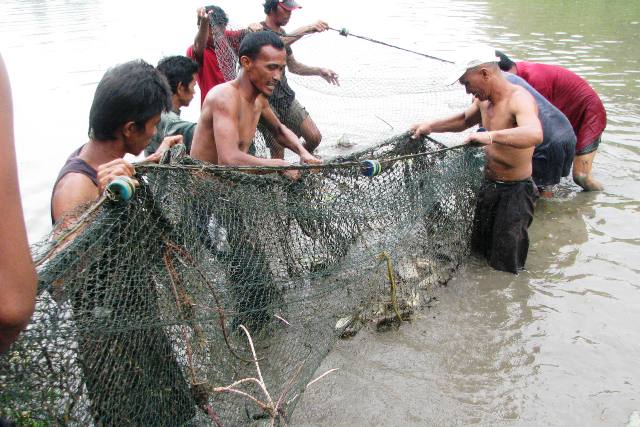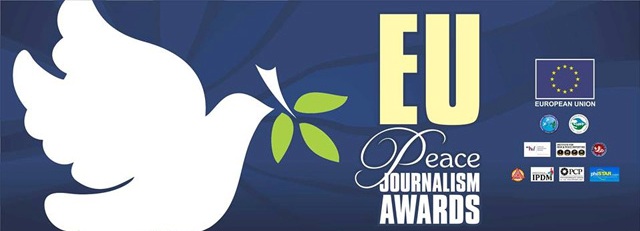Why the European Union wants peace in Mindanao
MANILA, Philippines — It has been seven years since the 28-member European Union has supported the negotiations to resolve the decades-long conflict in southern Mindanao, while its development aid to the region has spanned more than two decades.
But why is the EU so interested in promoting peace in the troubled south?
Guy Ledoux, EU Ambassador to the Philippines, said building peace is in the EU's "DNA," having itself come from "centuries of bloody conflicts" that culminated in the tragic World War II that caused the death of around 20 million in Europe.
"Following this, European leaders have put all their energy into building peace in Europe, starting with the European Economic Community in 1957, with 6 countries, leading progressively to the European Union with 28 member States today," Ledoux explained.
As a result, the EU has set peace as a goal for many parts of the world, including Mindanao.
Since the 1990s, the EU has helped reduce poverty in Mindanao, seeing the lack of livelihood, education and other means as among the foremost reasons for the proliferation of arms.
EU is the largest donor for the Mindanao Trust Fund to fuel community-based development projects. In 2013 alone, the union contributed P454 million to rebuild and strengthen livelihoods.
For one, a fishing project in Kabacan, North Cotabato, which the EU presented to journalists last weekend, has made peasants from rival groups Moro Islamic Liberation Front and Moro National Liberation Front work together in peace.

MILF and MNLF members manage a foreign-assisted communal fishing venture in Kabacan, North Cotabato.Philstar/John Unson
The EU has also provided about P2 billion in aid to victims of natural and man-made disasters in Mindanao, while working non-stop to construct shelters, water systems and health centers to provide basic needs.
Last Saturday, the EU joined key personalities involved in the peace process toward the creation of the Bangsamoro region to launch the Peace Journalism Awards.
In an interview with a group of reporters, Ledoux said that the awards are likely the first of its kind spearheaded by the EU in the world.
"I see what the EU is doing in other parts of the world, and I haven't seen anything like [the Peace Awards] before. So I think it's quite original," he said.
The competition aims to make the media industry contribute to the peace process and explain the benefit of the Framework Agreement on the Bangsamoro to the public.

The European Union Peace Journalism Awards was launched in Cotabato City on Friday, Oct. 10, 2014.
Ledoux admits that aims of the Peace Awards would pose a healthy challenge for journalists, but is confident that they would find the "right angle" to meet the criteria.
"The challenge and maybe one reason why we organized this competition is that journalism today is also a business ... They believe that bad news sells well—pictures of fighting, people dying," the ambassador said.
"It is more challenging to find [positive] stories that will hit the front page of the newspaper. I think if you dig well enough ... if it's well-written you can also attract the attention the public," he added.
- Latest




























